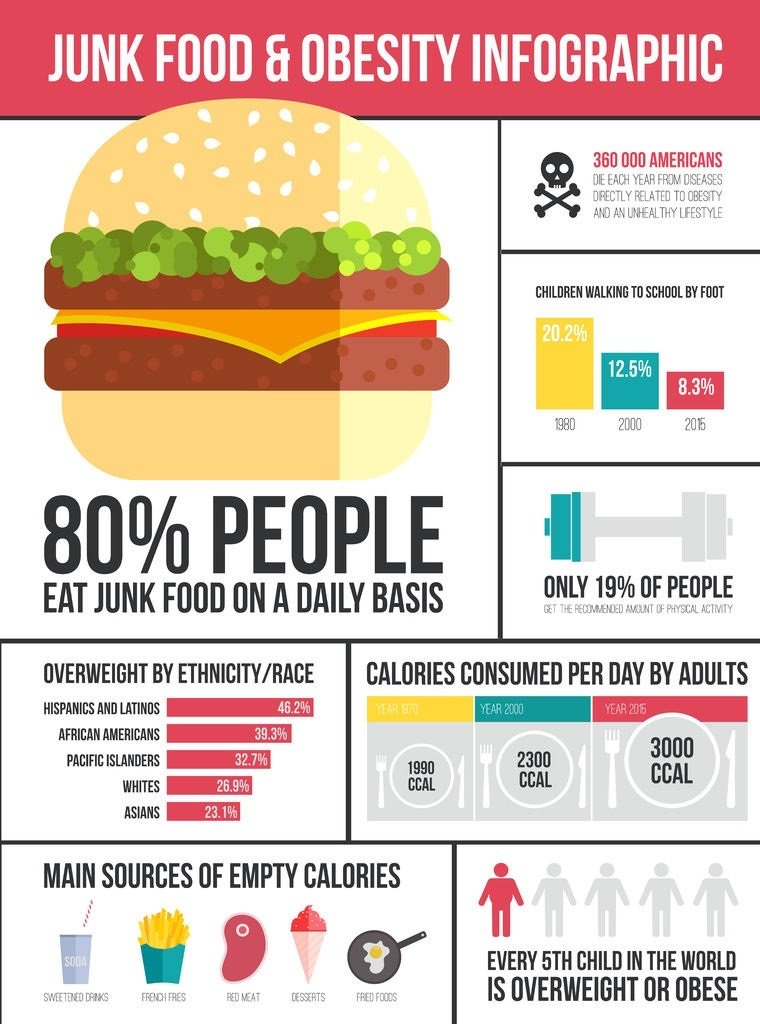Yo, what's good fam? It’s Tuesday so you know we are talking about health 😊 today’s message is inspired by this Nipsey clip above.
Today we need to talk about something that affects us all- fast food. Yeah, you know that greasy, salty, and oh-so-addictive food that we all love to hate. Fast food is everywhere, it's cheap and it's easy, but at what cost?
The fast food industry has grown rapidly over the decades, becoming a staple in most Americans' diets. It's estimated that 1 in 4 Americans eat some form of fast food every day. But this isn't just about weight gain and physical health, it's about the impact that fast food has on our social and emotional well-being.
Let's start with the obvious. Fast food is not good for us. It's loaded with salt, sugar, and unhealthy fats that can lead to obesity, diabetes, and heart disease. But it's deeper than that. The fast food industry also perpetuates a cycle of poverty, particularly in low-income communities.
Many fast food chains are located in areas where people don't have access to fresh, healthy food. These areas are often called food deserts. People in these communities don't have the means to travel to other areas to buy fresh produce, so they rely on fast food.
Fast food chains advertise their products aggressively, targeting low-income people, who are more likely to have limited resources and are therefore more likely to be drawn to cheap, calorie-dense food. The fast food industry has been criticized for targeting children and adolescents by using celebrities, toys, and other gimmicks to lure them into their restaurants.
In addition to perpetuating poverty, fast food also contributes to the emotional distress of people who work in the industry. Fast food workers are among the lowest-paid workers in the United States, with many earning minimum wage. Many fast food workers suffer from stress, depression, and anxiety, as they struggle to pay their bills and provide for their families.
So, what can we do about it? The first step is to be aware of the problem. We need to understand the impact that the fast food industry has on our social and emotional well-being.
The second step is to support healthier food options in our communities. This could include supporting local farmers markets, community gardens, and advocating for grocery stores to open in food desert areas. We can also choose to eat at restaurants that prioritize healthy, fresh ingredients and support fair labor practices.
In conclusion, fast food may be quick, cheap, and convenient, but it's not worth the long-term impact it can have on our physical, social, and emotional health. Let's work together to support local, healthy food options and fight for fair labor practices within the food industry.
______________________________________
Thank you so much for taking the time to read my newsletter today. I’m more grateful than you know 🙏🏾
King Steele - editor





